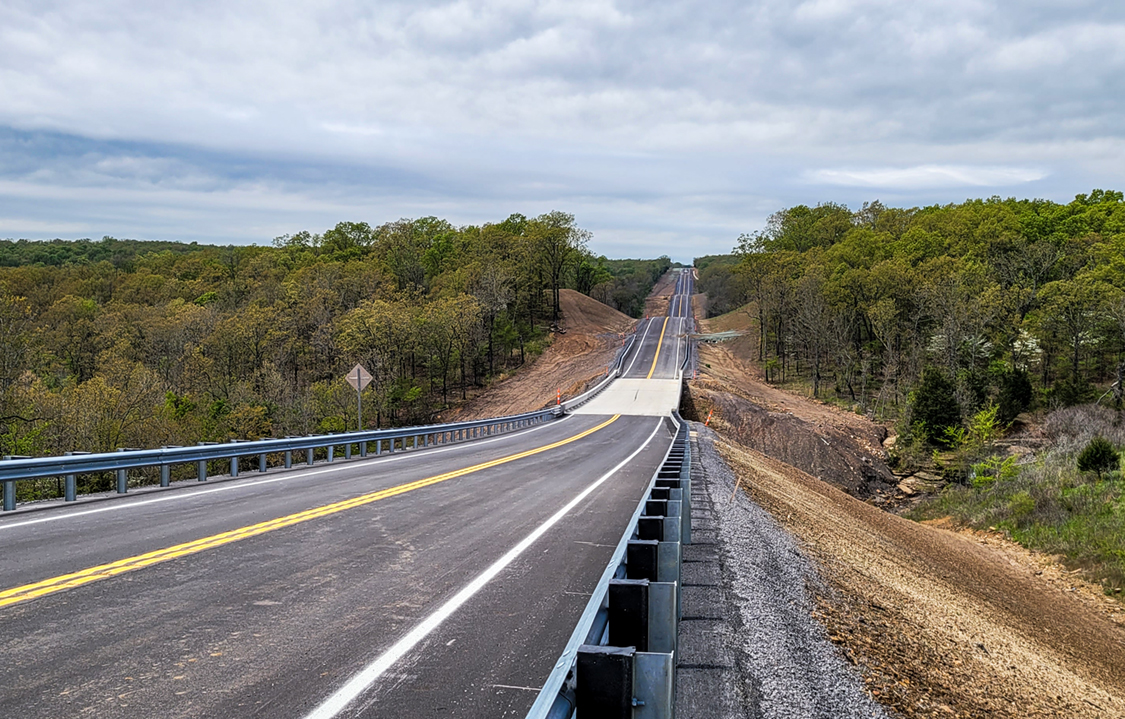TAHLEQUAH, Okla. — The Cherokee Nation is the first tribe in the country to participate in the U.S. Department of Transportation Self Governance Program, meaning the tribe has autonomy to plan and finance road improvement and transit projects within the reservation.
The USDOT approved the tribe’s eligibility earlier this month.
“Cherokee Nation has earned the distinction of being the first tribal nation to formally participate in the Department’s Tribal Transportation Self-Governance Program,” Deputy Assistant Secretary Arlando S. Teller wrote in a letter to Chief Hoskin. “The Department looks forward to engaging with the Cherokee Nation in the negotiation of a compact and funding agreement under the TTSGP in support of the Cherokee Nation’s right to self-determination and self-governance.”
The approval gives the tribe the ability to plan and oversee its own road construction planning and projects without having to seek federal permission and oversight over projects.
“The Cherokee Nation has led a sophisticated transportation program for several years helping our tribal communities, state and federal partners with safer, well-maintained roadways in the reservation,” said Cherokee Nation Principal Chief Chuck Hoskin Jr. “Having oversight for the first time to plan, lead and oversee the finance of our own road projects will only mean more and better investments in terms of travel and infrastructure in the Cherokee Nation to the benefit of thousands of citizens.”
The Cherokee Nation had to show audits for three years, including transportation management information, financial stability and transportation management and capability.
The Cherokee Nation Transportation and Infrastructure Department will also get transit dollars forward funded versus a reimbursement, under the program.
The Cherokee Nation Transportation and Infrastructure Department invested $4.8 million and paved 67 miles of roadway in fiscal year 2020 and $1.7 million and 49 miles of roadway so far in fiscal year 2021.
The department also provided more than 104,000 transit rides so far this year.

